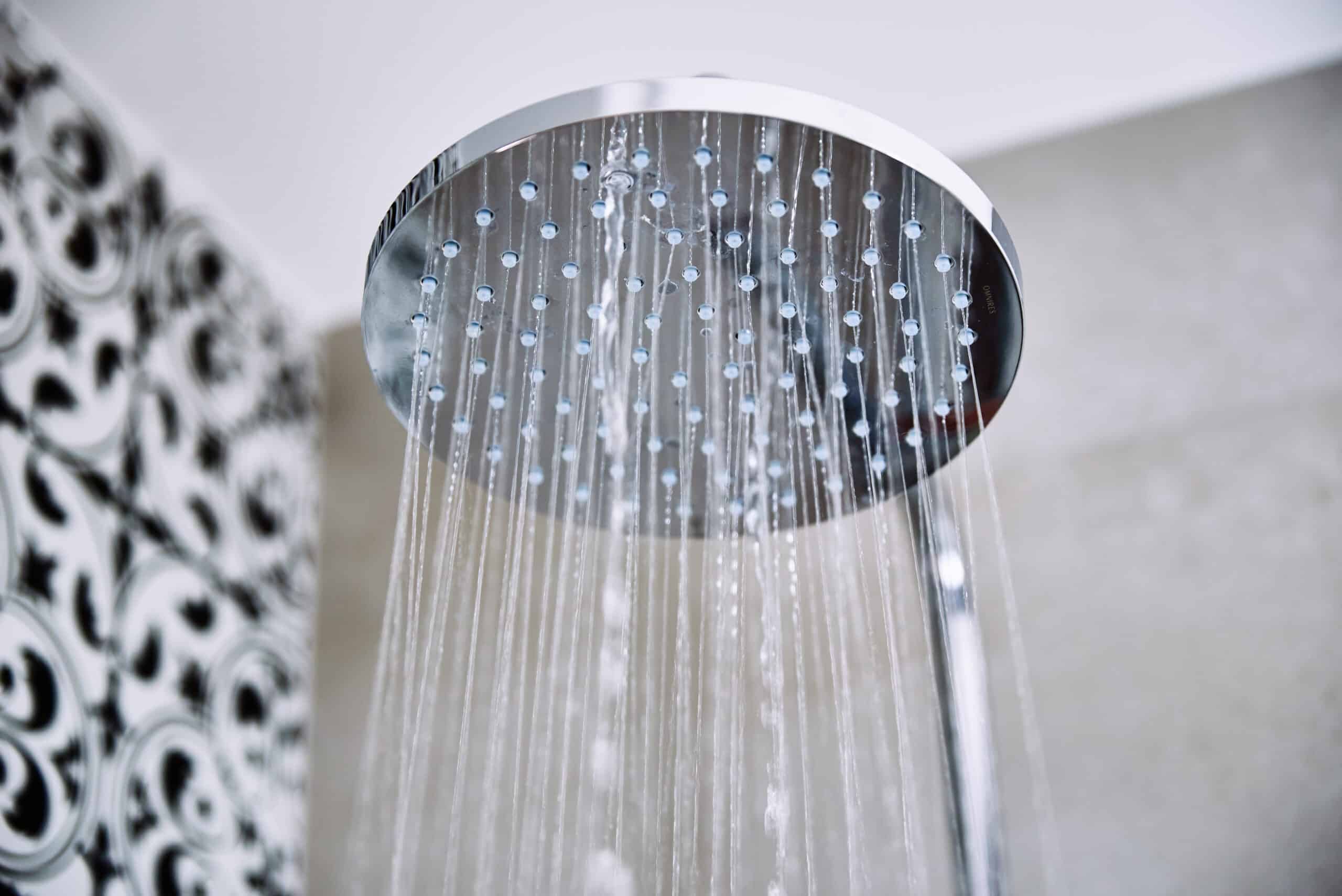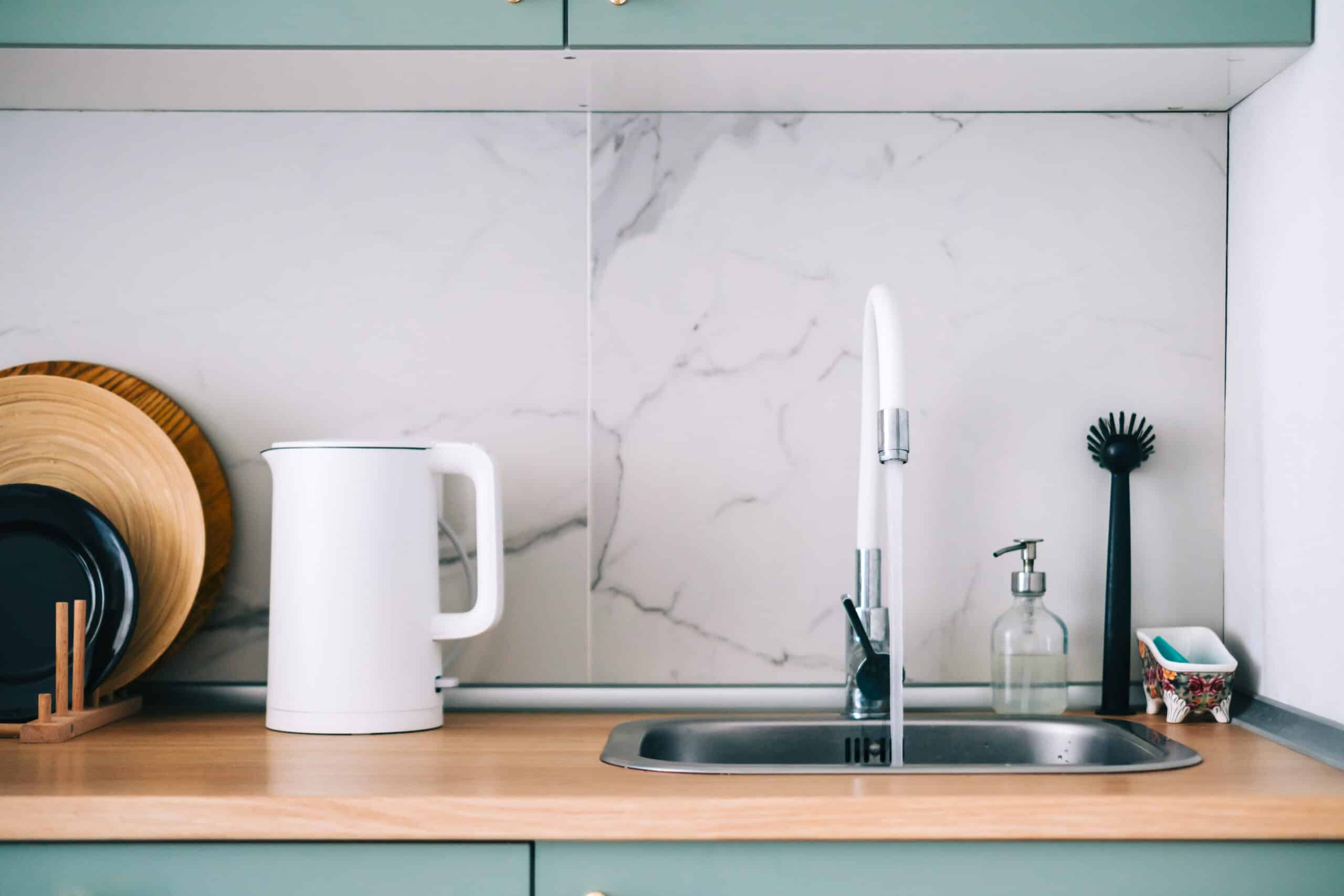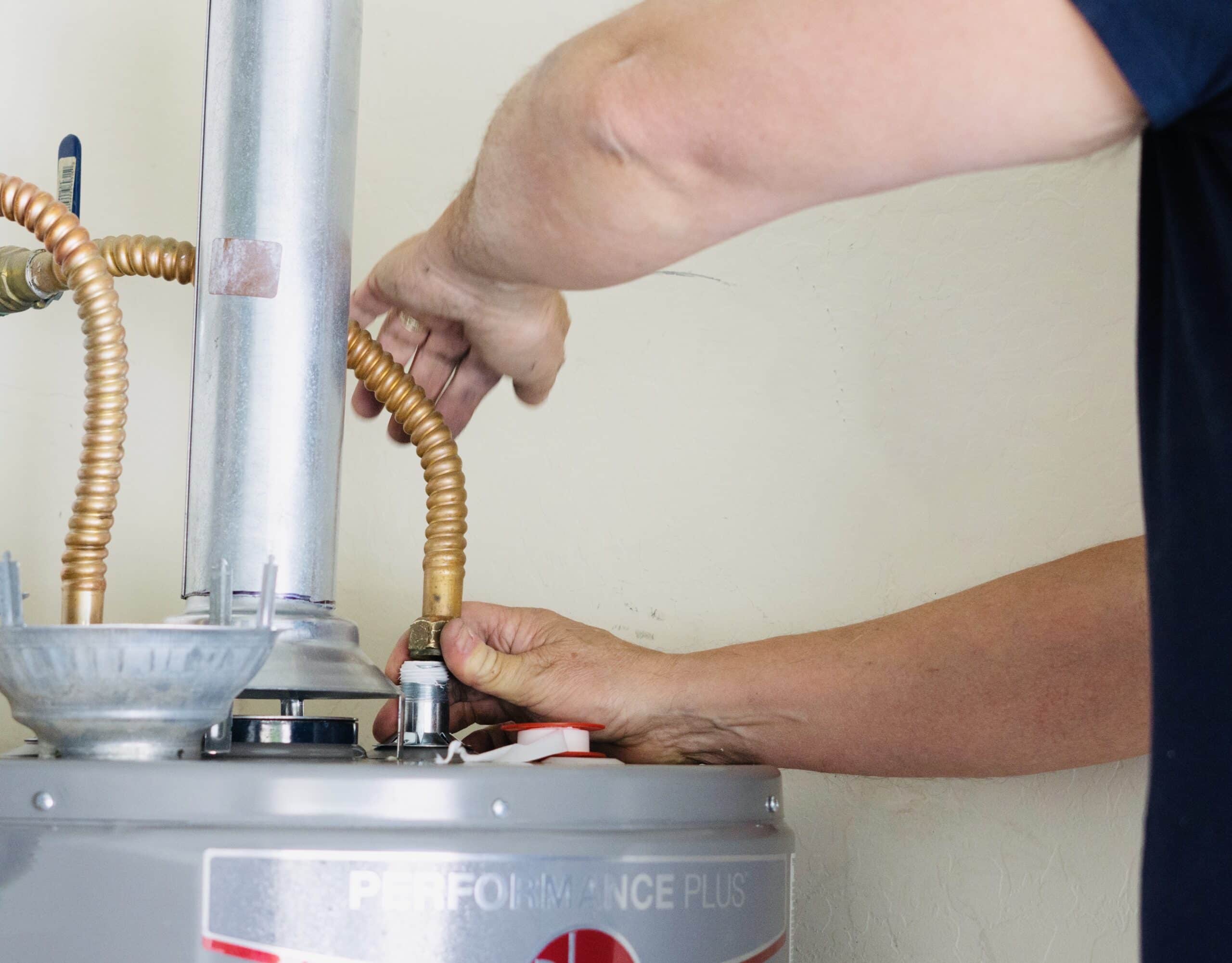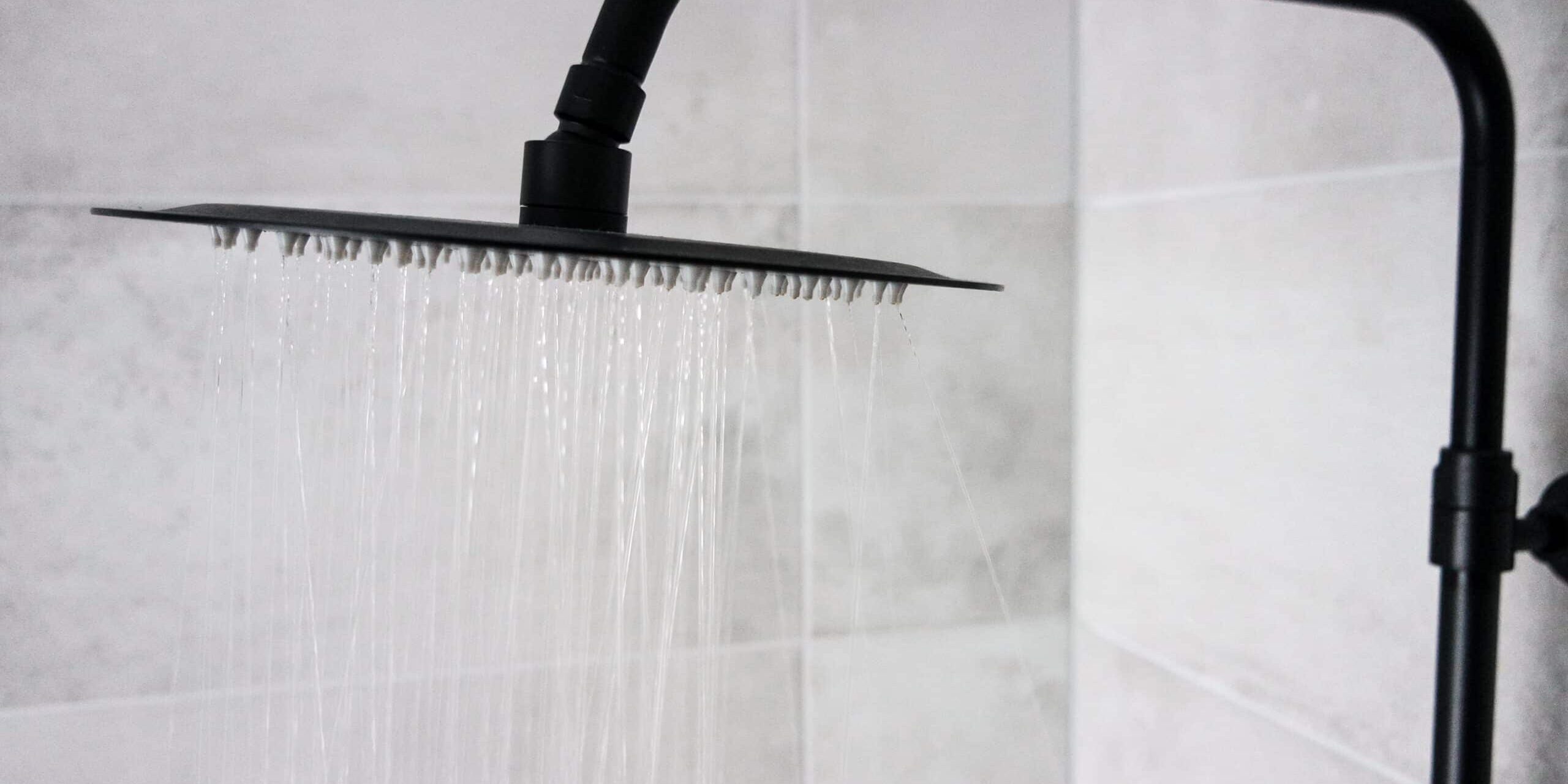How To Spot A Failing Hot Water System Before It’s Too Late (And Tips For Choosing A Replacement)
There’s nothing worse than stepping into the shower, ready for a warm, relaxing wash, only to be greeted by ice-cold water! We often take our hot water for granted, despite it being something we rely on daily – whether it is for long, hot showers, washing the dishes or doing laundry.
While hot water heaters are designed to last a long time, they don’t last forever. Daily use and wear and tear all take their toll. Knowing the signs that your system needs replacing can save you from an inconvenient (and chilly!) surprise.
In this post, we cover the telltale signs that your hot water system needs replacement and offer top tips and considerations to make an informed decision about choosing the right replacement for your home.
Looking At the Basics of Hot Water Systems
We often don’t give much thought to our hot water system until it’s not working the way it should. But, knowing what type of system you have and the basics of how it works is important, not just for troubleshooting but also for deciding if it is actually working for your needs when it’s time to replace or upgrade.
Types of Hot Water Systems
There are a few different options out there, and each one comes with its own set of pros and cons:
- Tank systems store a large amount of hot water in a tank and keep it ready for use. They’re reliable and can supply hot water to multiple outlets at once. However, they take up more space and may run out of hot water if you use it up too quickly.
- Tankless systems, also known as continuous flow systems, heat water only when you need it, offering the benefit of never running out of hot water. They’re more energy-efficient and space-saving but may not be able to supply multiple outlets at once in larger households.
- Electric hot water systems are powered by electricity and are generally easier and cheaper to install. They tend to last longer and are a good option if you have reliable access to electricity.
- Gas hot water systems are more efficient in terms of energy costs, especially if you already use gas for heating or cooking. However, they require a gas connection and might need more regular maintenance.
The Average Lifespan Of Hot Water Systems
Knowing the expected lifespan of your system helps you plan ahead for replacements or upgrades. Different systems tend to last longer than others, but this also depends on their use and maintenance.
- Electric hot water systems: With proper care and maintenance, these can last anywhere from 10-15 years, making them a reliable choice for many homes.
- Gas hot water systems: These systems usually last between 8-12 years, but proper maintenance is key to extending their lifespan.
- Tankless and Solar systems: Tankless systems, as well as solar-powered systems, tend to have longer lifespans, lasting up to 20 years in some cases.

Key Signs Your Hot Water System Needs Replacement
Inconsistent water temperatures can be frustrating and inconvenient, especially if it fails at the most inopportune times. However, spotting early warning signs of a failing system can help you avoid unexpected breakdowns and costly emergency repairs. If you notice any of the following red flags, it might be time to start considering a replacement:
Inconsistent Hot Water Temperature
If your water temperature suddenly turns cold or fluctuates between hot and cold is often a sign that your hot water system might be struggling. This often results from sediment buildup in your tank, which affects the efficiency of the heating element. A faulty cold water dip tube or a worn-out cartridge can also cause inconsistent temperatures.
However, it is important to consider that multiple taps are running at the same time can cause inadequate water pressure which might lead to these temperature fluctuations too.
This is not necessarily a problem that indicates the need for a full system replacement, but if the issue persists and occurs even when only one tap is in use, it could suggest an underlying problem with the system that may require further investigation or repair.
Strange Noises Coming From the System
If you’re hearing unusual sounds coming from your hot water system, it’s time to pay attention.
- Banging or rumbling noises typically indicate that sediment has built up at the bottom of your tank, which can cause the system to overheat.
- Hammering sounds could be a sign of water rushing through pipes too quickly, which could potentially lead to burst pipes.
- High-pitched screeching often points to loose valves, slowly releasing pressure.
- If you hear popping sounds, it could be a sign that your anode rod needs to be replaced.
Leaks Around the System
Water pooling around your hot water system is never a good sign. Leaks can indicate serious internal damage, like corrosion of the tank. Even a small leak can quickly escalate into a major issue, leading to water damage to your floors, walls, or furniture. If you notice a constant drip or a steady stream of water, it suggests a significant problem that requires professional attention immediately.
Discoloured or Foul-Smelling Water
If your water has turned rusty or discoloured, it’s often a sign of internal corrosion inside your hot water tank. On the other hand, a foul, rotten egg smell typically indicates bacteria growth or a deteriorating anode rod, which produces hydrogen sulphide gas. Not only do these issues affect the quality of your water, but they also signal that the internal components of your system are failing and need attention.
Age of the Hot Water System
Hot water systems don’t last forever. Storage tank systems generally last around 8-10 years before they start needing significant repairs or replacement. After this period, internal defects become more common, leading to issues like temperature fluctuations and reduced performance. Electric systems might show signs of wear even earlier, especially if they haven’t been properly maintained over the years.
Excessive Energy Bills
An aging hot water system often becomes less efficient over time, meaning it has to work harder to maintain the same temperature. As a result, you might notice an increase in your energy bills without any clear explanation.
Similarly, if your system is on the newer side, an increase in energy bills might indicate a problem that may need repair. If you’re seeing a sudden rise in energy costs, it could be a sign that your system is struggling to keep up, and replacing it might actually save you money in the long run.
Frequent Repairs
If you’re constantly calling in a professional to repair your hot water system, it may be time for a replacement. Systems that are older or need frequent repairs are prime candidates for replacement. Some common repair issues include:
- Lack of hot water
- Temperature control problems
- Rusty or discoloured water
- Persistent valve or pipe leaks
If you’re dealing with these issues regularly, continuing to repair an old system might be less cost-effective than replacing it entirely.

The Benefits of Replacing Your Hot Water System
There are many benefits to replacing or upgrading your old hot water system. These include:
Increased Energy Efficiency and Cost Savings
Did you know that water heating accounts for around 25% of household energy consumption? Older systems tend to be less efficient, requiring more energy to heat water, which makes them more expensive to run.
Newer, modern systems are designed with energy efficiency in mind, significantly lowering your energy consumption and monthly utility bills. The type of system you choose—whether electric, gas, or even solar—can further influence your energy savings, helping you keep those costs.
Improved Water Quality and Safety
Modern hot water systems are equipped with advanced features that significantly enhance both water quality and safety. These systems offer better temperature control, providing more accurate regulation to prevent scalding and improved water filtration, ensuring that the water in your home remains cleaner and healthier.
Additionally, newer systems use superior tank materials that resist corrosion and mineral buildup, making them far more reliable than older ones, which can experience compromised water quality and efficiency the older they get.
More Reliable and Consistent Hot Water Supply
New hot water systems simply work better. Instead of relying on inconsistent heating, new and better components ensure consistent, reliable temperature throughout its use.
Many modern systems have faster heating recovery, ensuring you’re never left waiting long for your next hot shower. They also offer more reliable pressure control, you can say goodbye to frustrating surges and drops that come with older systems.
Additionally, modern hot water systems are built for enhanced durability, meaning with proper maintenance, they’ll continue to provide dependable service for many years.
Long-Term Savings
Beyond savings in energy consumption, replacing your hot water systems is the economical thing to do. While it is an initial investment, many savings are long-term, such as:
- Reduced maintenance costs: Newer systems have more efficient components, meaning fewer repairs and less money spent on maintenance.
- Extended lifespan: With the right care, a new system will last for many years and provide reliable service.
- Increased household comfort: A reliable, energy-efficient system makes daily life more comfortable, with consistent hot water and better overall performance.
- Improved property value: A new hot water system is a great way to increase the value of your home, especially if you’re planning to sell in the future.

How to Choose the Right Replacement Hot Water System
You need a hot water system that works. Choosing the right replacement hot water system requires careful consideration to ensure that is meets your household’s needs efficiently. Here are the key factors to keep in mind when making your decision:
Evaluate Your Household’s Hot Water Needs
The first step in choosing the right hot water heating system is determining how much hot water your household uses. On average, an Australian household consumes 40-50 litres of hot water per person daily (may be more or less depending on individual usage). To get the right size system for your needs, you should consider:
- A household of 1-2 people typically requires a 90L storage tank.
- A 4-person household typically needs a 135-170L capacity.
- For households of 5 or more people, you should consider a 200-300L tank.
If you’re considering a continuous flow (tankless) system, think about peak usage times. For example, a two-bathroom household typically requires a 22-24L/min flow rate.
Consider the Fuel Source: Gas, Electric, or Solar?
Each energy source has its own benefits, so choose based on your preferences and budget:
Electric Systems:
Benefits:
- Energy-efficient heat pump models: Heat pump systems use 70% less energy than conventional electric storage systems, making them a cost-effective option in the long run.
- Lower upfront cost: Electric storage systems typically have a lower initial cost compared to gas or solar systems.
- Easy installation: Installation tends to be simpler and more straightforward, especially in homes that already have an electric connection.
Considerations:
- Higher running costs: While the upfront cost is lower, electric storage systems tend to have higher running costs due to their less efficient energy consumption compared to gas or solar options.
- Limited energy independence: Unlike solar, electric systems rely on the grid, so you may be vulnerable to rising electricity prices.
Gas Systems:
Benefits:
- Fast heating: Gas systems are excellent for quick hot water delivery, making them a great choice for larger households with high demand.
- Lower running costs: Gas is generally more affordable than electricity, especially in areas with access to natural gas, leading to lower running costs.
- Reliable: Gas systems are reliable, even during power outages, ensuring you always have hot water when you need it.
Considerations:
- Higher installation costs: Gas systems can be more expensive to install, especially if you don’t already have a gas line set up in your home.
Solar Systems:
Benefits:
- Energy-efficient: Solar hot water systems use 60% less energy than conventional electric systems, significantly reducing your energy bills and environmental impact.
- Government incentives: Many solar hot water systems are eligible for government rebates and incentives, making the initial investment more affordable.
- Sustainability: Solar systems use renewable energy from the sun, making them the most eco-friendly option for those looking to reduce their carbon footprint.
Considerations:
- Higher upfront costs: Solar systems typically come with a higher initial investment due to the cost of the panels and installation.
- Backup requirements: Solar systems often require a backup booster (electric or gas) to maintain consistent hot water during cloudy days or periods of high demand.
Technology and Features
Many modern hot water systems come equipped with advanced features designed to make your life easier while helping you save on energy. Smart thermostats provide precise temperature control, ensuring your water is always at the ideal temperature without wasting energy, and remote monitoring capabilities offer more control and peace of mind, allowing you to check on your system from anywhere. Some systems even have usage pattern analysis to help you track water usage and optimise the efficiency of your hot water system.
Warranty and Service Considerations
Before finalising your decision, check the warranty period offered by different brands. A longer warranty often indicates a more reliable product. It’s also important to consider the level of service provided, including installation, maintenance, and repairs, as well as the availability of customer support.
Brand Reputation and Reviews
Finally, take the time to research different brands and models. Customer reviews and brand reputation can give you a good sense of how well the system performs in real-world conditions. Opting for a reputable brand with a proven track record can ensure you make a reliable and durable investment in your home.
Professional installation vs. DIY
You’ve made your choice, now what? You might think installing a hot water system is a DIY project you can handle, but the risks and complexities that come with incorrect installation make professional installation a safer choice.
Professional plumbers bring crucial expertise to these installations. Their knowledge covers relevant building codes, safety regulations, and manufacturer specifications. A licenced plumber will ensure proper connections, prevent leaks, and protect your home’s infrastructure.

Ready To Make The Change?
Hot water systems are essential, and making sure yours is efficient and running smoothly is key to maintaining comfort and reducing energy costs. Regularly checking for signs that your system might need replacement can help you avoid unexpected issues and ensure you’re not wasting money on an outdated or inefficient model.
Need a new hot water system? Or Advice on the best model for your need? Water Smart Plumbing helps clients across the Sunshine Coast and Buderim make the change. With over 25 years of experience in hot water system replacements, we provide expert advice, reliable service, and quality installations to ensure you get the best system for your home and budget. Contact us today for your free quote!







